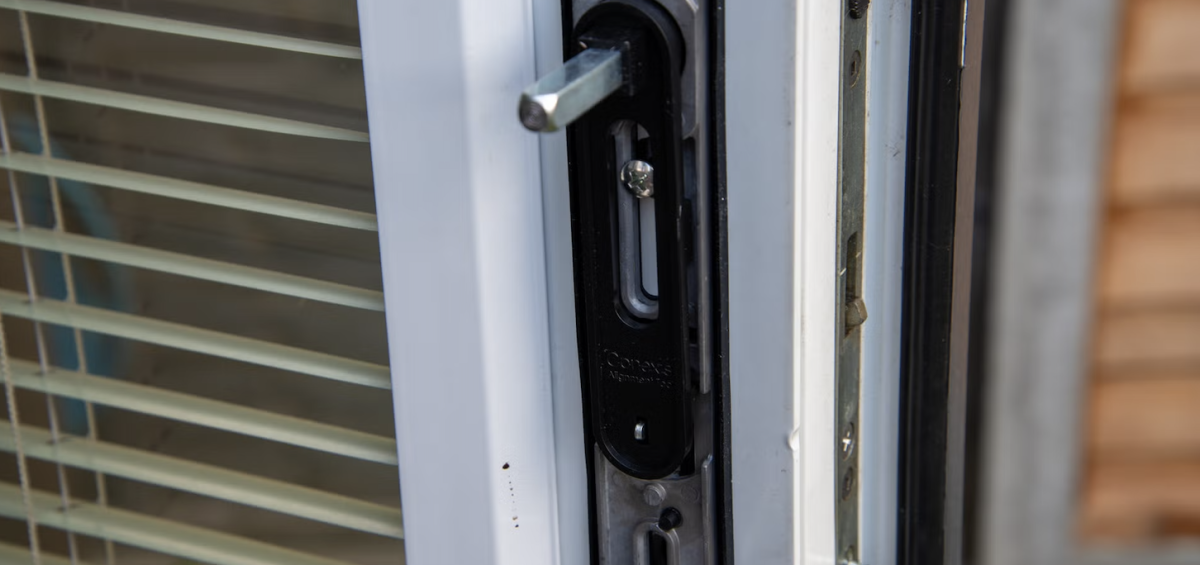Ensuring your home is secure starts with the locks on your doors and windows. Yet, many homeowners unknowingly make mistakes that leave their homes vulnerable.
These errors often go unnoticed until it’s too late. Let’s explore some common lock mistakes you might be making and practical steps to fix them.
Using low-quality or cheap locks
Opting for low-cost locks may seem like a way to save money, but these locks are often easier for intruders to bypass. Cheap locks usually lack robust mechanisms, making them susceptible to picking or forced entry.
Instead, invest in high-quality locks certified to meet British Standards (BS3621). These locks offer better durability and resistance to tampering.
If you’ve already installed subpar locks, replacing them with stronger alternatives is a smart move. A professional locksmith can guide you on the best options for your home.
Neglecting regular maintenance
Locks need occasional maintenance to function correctly. Dirt, rust, or general wear can compromise their performance over time.
Failing to lubricate locks or ignoring signs of stiffness might leave you struggling with a key that refuses to turn.
To fix this, clean your locks regularly using a dry cloth and apply a non-greasy lubricant, such as graphite powder, to the mechanism. Avoid using oil-based lubricants as they attract dust and debris, which could worsen the problem.
Misplacing spare keys
Keeping spare keys in predictable locations, such as under doormats or flowerpots, is a risky habit. These are the first places intruders check.
Stashing keys in these spots not only jeopardises your home’s security but could also void insurance claims in the event of a burglary.
Instead, consider leaving spare keys with a trusted neighbour or investing in a secure key safe. In situations where you’ve lost keys entirely, consider professional key cutting to create spares that are safely stored for emergencies.
Ignoring door alignment issues
Misaligned doors can put unnecessary stress on your locks, causing them to wear out faster. Signs of misalignment include difficulty locking or unlocking doors and the need to force the key to turn. These issues can also damage the door frame over time, leading to costly repairs.
The solution lies in adjusting the door hinges or strike plate to realign the lock properly. If the problem persists, consulting a locksmith can ensure the issue is resolved without further damage.
Delaying lock upgrades
Using outdated locks can leave your home vulnerable, especially if they don’t meet modern security standards. Older locks are more prone to break-ins and may not offer the same level of protection as newer models.
Evaluate your locks periodically and upgrade them if necessary. Deadbolts, smart locks, or anti-snap cylinder locks can enhance security and give you peace of mind. A locksmith can assess your current setup and recommend suitable replacements.
Overlooking window locks
It’s easy to focus on securing doors and forget about windows. However, windows are common entry points for burglars, particularly if they have flimsy or broken locks. Overlooking these can compromise your overall home security.
Install robust locks on all accessible windows and ensure they are regularly inspected for wear or damage. This simple step can significantly boost your home’s protection.
Lock security made simple
Your home’s security relies heavily on the condition and quality of your locks. By avoiding mistakes like neglecting maintenance, using cheap locks, or misplacing spare keys, you can enhance your safety and reduce risks.
Small adjustments, like upgrading outdated locks or investing in secure key cutting, can make a significant difference.

